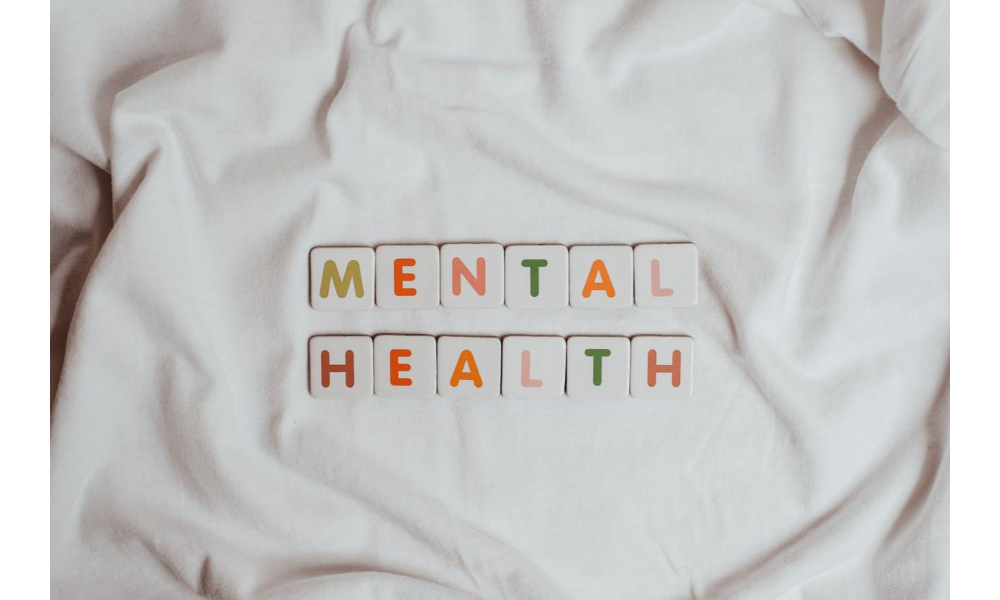Mental wellness is a crucial foundation for living a balanced and fulfilling life. The fast pace of modern living often leads to stress, burnout, and other challenges, making it essential to prioritize self-care and mental health strategies.
This blog will guide you through six effective approaches to enhance your mental well-being and equip you with tools to foster a positive mindset.
Seek Behavioral Health Services
Seeking professional support can be a crucial step in maintaining mental wellness. Behavioral health services offer tailored approaches for individuals to better manage their mental health through therapy, counseling, or support groups.
These services provide a safe, confidential space to address issues like anxiety, depression, or life transitions. The key benefit of accessing behavioral health services is the guidance of qualified professionals who can help you identify underlying concerns and work towards sustainable solutions.
Understand Your Triggers
Recognizing what truly affects your mental health is the first step in achieving emotional balance. Triggers can stem from past experiences, daily interactions, or even environmental factors. Gain awareness of these patterns by paying attention to your thoughts and emotions during tough moments.
Journaling can be a helpful tool for identifying recurring triggers. Consider keeping a record of situations that cause stress or discomfort. Over time, you’ll be able to pinpoint specific events or circumstances that negatively influence your mood, empowering you to address them head-on.
The Influence of Routine
Simple routines can contribute to a more stable and balanced mind. Structuring your day with consistent habits helps eliminate unpredictability, which can create undue stress. These can be like waking up at the same time, dedicating moments for mindfulness, or scheduling regular breaks.
A productive routine doesn’t have to be rigid; flexibility allows you to adapt to life’s ups and downs. For example, incorporating physical activity three times a week, eating regular meals, or designating an hour before bed to wind down can all significantly improve mental health.
Adopt an Alzheimer’s Prevention Program
While aging is inevitable, taking care of your brain today can reduce risks tomorrow. An Alzheimer’s Prevention Program, often involving cognitive exercises, physical activity, and a diet rich in brain-healthy nutrients, can provide strategies to keep your mind sharp.
A balanced diet that includes omega-3 fatty acids, antioxidant-rich foods, and vitamins is particularly beneficial for cognitive health. Pair that with regular exercise; an activity proven to support brain function; and taking proactive steps toward long-term mental wellness.
Mindfulness and Meditation
Mindfulness and meditation are techniques that allow you to center your thoughts and ground yourself in the present moment. Practicing mindfulness involves savoring the here and now, while meditation trains your mind to find clarity and calmness in a world full of distractions.
Begin with simple mindfulness exercises such as focusing on your breathing, paying attention to the sensations around you, or performing body scans to release tension. Meditation apps like Calm or Insight Timer can also guide you through moments of relaxation with ease.
Connect with Others
Relationships play an integral role in mental wellness. A strong support network provides emotional stability and a sense of belonging. Feeling connected reduces feelings of isolation and promotes resilience in stressful situations.
Make time for meaningful connections. Whether it’s an evening call with close friends, joining a group with shared interests, or spending uninterrupted time with family, these moments foster healthy, supportive relationships.

